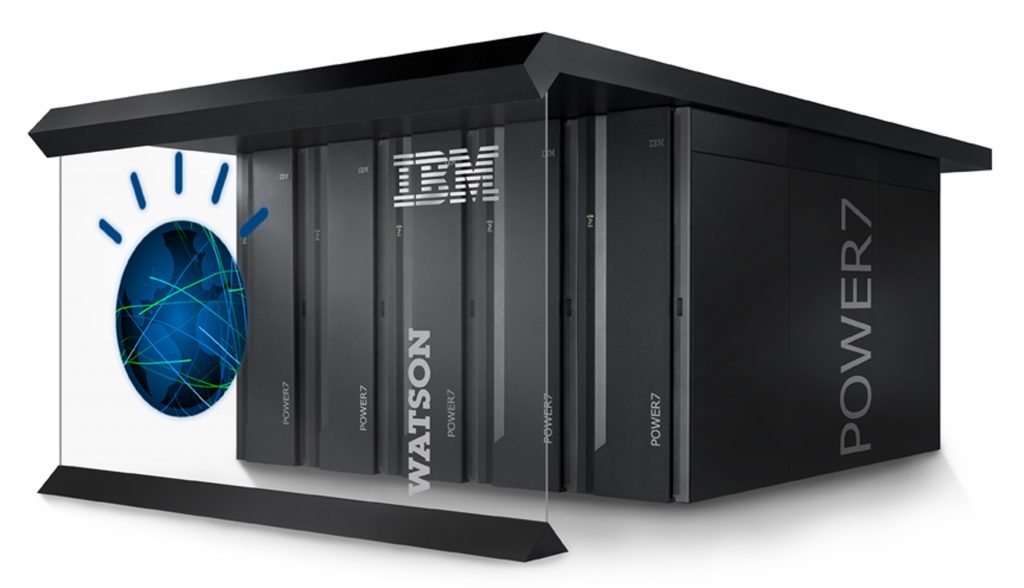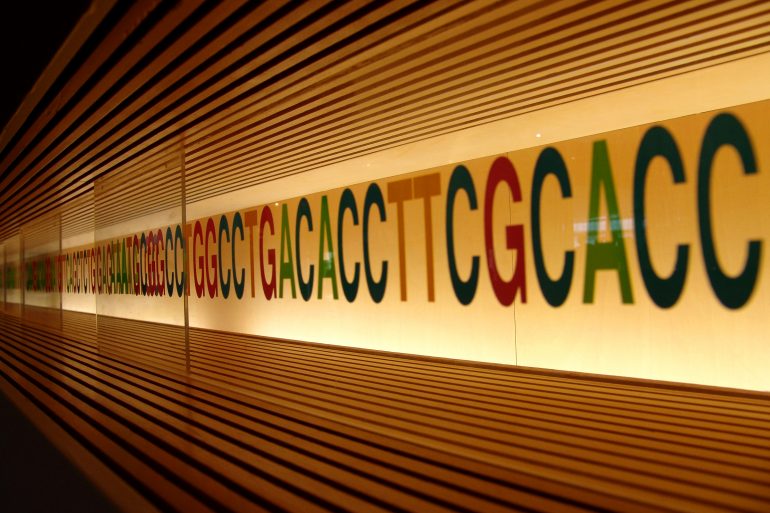One of the most promising avenues of attack in the fight against cancer is the study of genes. If doctors could understand the specific cancer-causing genetic mutations in patients, they target the disease with the precision of a laser rather than a far riskier generic chemo-and-drug cocktail. But to do that for even one patient requires being able to sift through an intimidating genome data pile of nearly 100 gigabytes. That’s not counting connecting what you see to the most recent and relevant medical journals, clinical trials, eHealth records, etc.
““If there was a technology that could find anomalies and trends within that data, it could turn analytics on its ear.”
Even the smartest doctor, working with a full-time team of experts, could never sort through all that data fast enough to do the job – but that’s where IBM’s super-computer, Watson, comes in. Working with more than a dozen leading cancer institutes, IBM aims to help oncologists get treatment options for patients faster and more efficiently – while saving plenty of lives in the process.
“When you are dealing with cancer, it is always a race,” said Lukas Wartman, MD, assistant director of cancer genomics at The McDonnell Genome Institute at Washington University in St. Louis. “As a cancer patient myself, I know how important genomic information can be. Unfortunately, translating cancer-sequencing results into potential treatment options often takes weeks with a team of experts to study just one patient’s tumor and provide results to guide treatment decisions. Watson appears to help dramatically reduce that timeline.”
IBM’s Watson delivers cognitive computing through the cloud, analyzing immense volumes of data. Even better, it understands complex questions in natural language. This could make it the breakthrough diagnostic tool – and fighting cancer could be just the beginning.

How did it come about? IBM understood the challenge of data today – we’ve got plenty of it, but most of it isn’t organized in a way that’s useful to conventional computer users. “80 percent of the data we see is non-structured, not stuck in a database,” says Angus McIntyre, Operations Manager for Watson Innovations. “If there was a technology that could find anomalies and trends within that data, it could turn analytics on its ear. That was the vision. As the technology developed and we did data analytics on non-structured data, we knew we would come up with interesting findings.”
One other unforeseen benefit to using this technology in the medical field? Increased agency of the patient. “We’re using this technology with the patient at the point of diagnosis, which helps them to make decisions that affect treatment.”
As smart as Watson is, the technology is there to assist, not replace a human physician. “Watson isn’t there to make a decision, but to assist an oncologist in asking the right questions,” notes McIntyre. “The more alternatives they want to explore, now they can do that – without needing weeks or more. For instance, they can tie in the system with clinical trial matching, aligning people who were getting the best results from those trials.
“Ultimately, Watson can fill in the blanks and help ask questions, but it’s the practitioner’s job to make decisions.”
Image courtesty Flickr.

